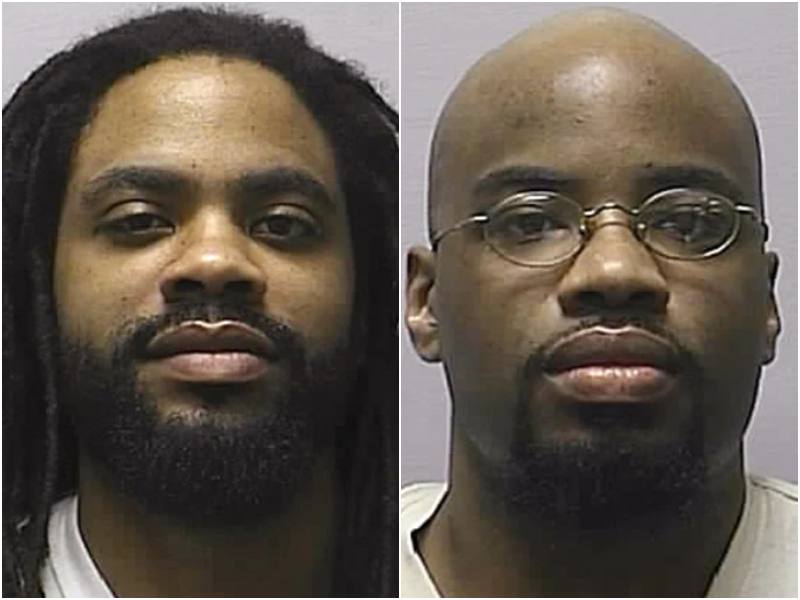Attorneys representing Jonathan and Reginald Carr, the two brothers sentenced to death in the infamous “Wichita massacre,” are advocating for a fresh sentencing hearing.
Their joint trial, where jurors determined their punishments, has been a contentious point, prompting the call for a reassessment. Prosecutors are poised to contest this latest legal move.
The prosecution’s case revolves around the horrific events of December 2000, alleging that the brothers orchestrated a home invasion, subjecting the occupants to sexual assault and forcing them to withdraw money from ATMs before ultimately murdering four individuals and leaving one survivor.
The surviving victim testified against the Carr brothers, who were subsequently convicted of the crimes, alongside another unrelated killing.
Now aged 44 and 46, Jonathan and Reginald Carr remain incarcerated at El Dorado, Kansas’ maximum-security prison.
Their defense teams have filed court documents expressing concerns over the effectiveness of their trial attorneys, citing inadequate preparation and failure to address potential biases during jury selection, particularly racial biases, given that the victims were white and the defendants Black.
Reginald Carr’s defense highlights an investigation into Wichita Police Department members for exchanging racist, sexist, and homophobic content, suggesting a prejudicial influence in the case.
Jonathan Carr’s attorneys argue that the trial failed to explore evidence of Reginald’s alleged manipulation and abuse towards his younger brother, factors that could have influenced sentencing.
While the U.S. Supreme Court previously declined a resentencing request, the Kansas Supreme Court had previously upheld the convictions but overturned the death sentences, citing procedural errors.
However, upon reconsideration, the court ruled that these errors did not warrant overturning the death sentences again, prompting the brothers’ legal teams to pursue a new avenue for a fair hearing.
The ongoing saga surrounding the “Wichita massacre” forms part of the complex legal intricacies involved in death penalty cases, with both the defense and prosecution steadfastly advocating their positions in pursuit of justice.

